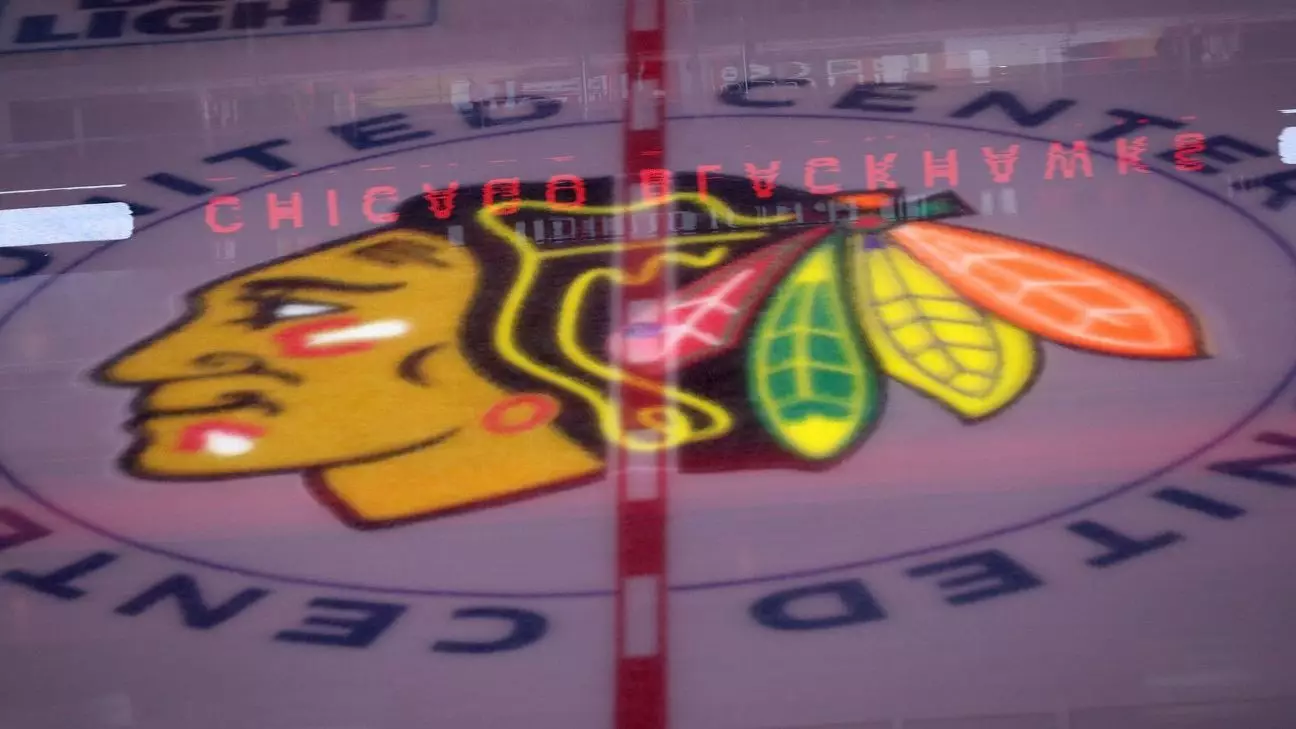The Chicago Blackhawks’ recent settlement surrounding allegations of sexual misconduct is more than just another legal case; it exposes a profoundly troubling pattern of institutional negligence that has tarnished the franchise’s reputation. When examining this sordid chapter, it becomes apparent that the team’s failure to act decisively reflects a broader malaise endemic within sports organizations—an attempted normalization of silence, dismissiveness in the face of abuse, and misplaced priorities that prioritized wins over human dignity.
The lawsuit filed by “John Doe,” a former Black Ace, signals how far the franchise fell into complacency. The claim that the organization exhibited “utter indifference” underscores a systemic failure—an environment where talent, performance, and public image were prioritized above safeguarding individual well-being. The fact that the Blackhawks settled without revealing specific terms suggests a strategic retreat from further embarrassment, but the underlying damage to trust remains profound. This case exemplifies a critical lesson: organizations that underestimate the importance of protecting their most vulnerable will ultimately pay a steep price in credibility and social responsibility.
The history of how the Blackhawks handled Aldrich’s misconduct reveals troubling leadership gaps. Despite severe allegations from Kyle Beach, which prompted an internal review, the team’s response was dilatory, signaling a disturbing apathy toward the severity of sexual harassment and assault. These acts weren’t merely dismissed as isolated incidents—they indicated a pattern that, if addressed promptly and transparently, might have prevented further damage. Instead, the acceptance of Aldrich’s resignation and the delayed acknowledgment of culpability served only to deepen the wounds inflicted on victims and the community’s faith in the franchise’s integrity.
Leadership Failures and the Illusion of Redemption
The subsequent fallout laid bare some uncomfortable truths about leadership and accountability. The resignation of high-ranking executives like Bowman, MacIsaac, and coach Quenneville appeared to be symbolic sacrifices—perhaps public relations moves aimed at damage control. Yet, the fact that these individuals were later reinstated by the NHL indicates a problematic leniency that undermines genuine accountability.
Despite acknowledging their past shortcomings, the NHL’s decision to reinstate these figures raises questions about the sincerity of their remorse and the league’s commitment to a zero-tolerance policy for abuse. The NHL’s statement attempted to paint a picture of growth and increased awareness, but it also subtly concedes that institutional change took time and was driven more by external pressure than internal conviction.
The reality remains that while these leaders have taken part in programs aimed at understanding misconduct, superficial efforts are insufficient to repair broken trust. True change demands not only participation in educational initiatives but also an overhaul of organizational culture—an environment where transparency, victim support, and active prevention are embedded into the core of operations. Merely acknowledging past mistakes without implementing substantive reforms risks allowing the cycle of neglect to repeat itself.
The Broader Impacts on the Sport and Society
The Blackhawks saga is emblematic of a larger reckoning within professional sports—a domain that often idealizes heroism and resilience but struggles with confronting uncomfortable truths about abuse and misconduct. The cases of Beach and Doe serve as catalysts, pushing organizations to reflect on their responsibilities beyond the ice rink or arena, recognizing the human cost behind their celebrated victories.
Furthermore, the emergence of these lawsuits and subsequent investigations challenges the myth of athletic invincibility. Athletes and staff are human beings with vulnerabilities, yet sports franchises have historically marginalized these issues until society’s broader conversations about consent, power dynamics, and accountability come to the forefront. The Blackhawks’ experience underscores a need to reframe how sports institutions handle allegations of misconduct—placing victim support and organizational integrity above transient wins and public image.
From a societal perspective, these incidents highlight the importance of unwavering vigilance against abuse, regardless of how uncomfortable or inconvenient the truth may be for influential institutions. While the NHL’s response has been mixed—initially sluggish, then ostensibly remorseful—the ultimate measure of progress lies in tangible reforms and a cultural shift where accountability is an ongoing process, not just a reaction to legal pressure. Only then can sports truly be a safe space for all individuals, free from exploitation and neglect.
This entire saga should serve as a wake-up call—not merely for hockey but for all levels of sport and society at large—to prioritize dignity, uphold justice, and ensure that those who have suffered are heard and protected. Organizations must accept their past shortcomings and commit to a future defined by genuine accountability, moral integrity, and relentless activism against abuse. Anything less undermines the very foundation from which the spirit of sport is supposed to flourish.

